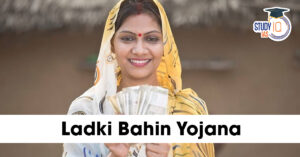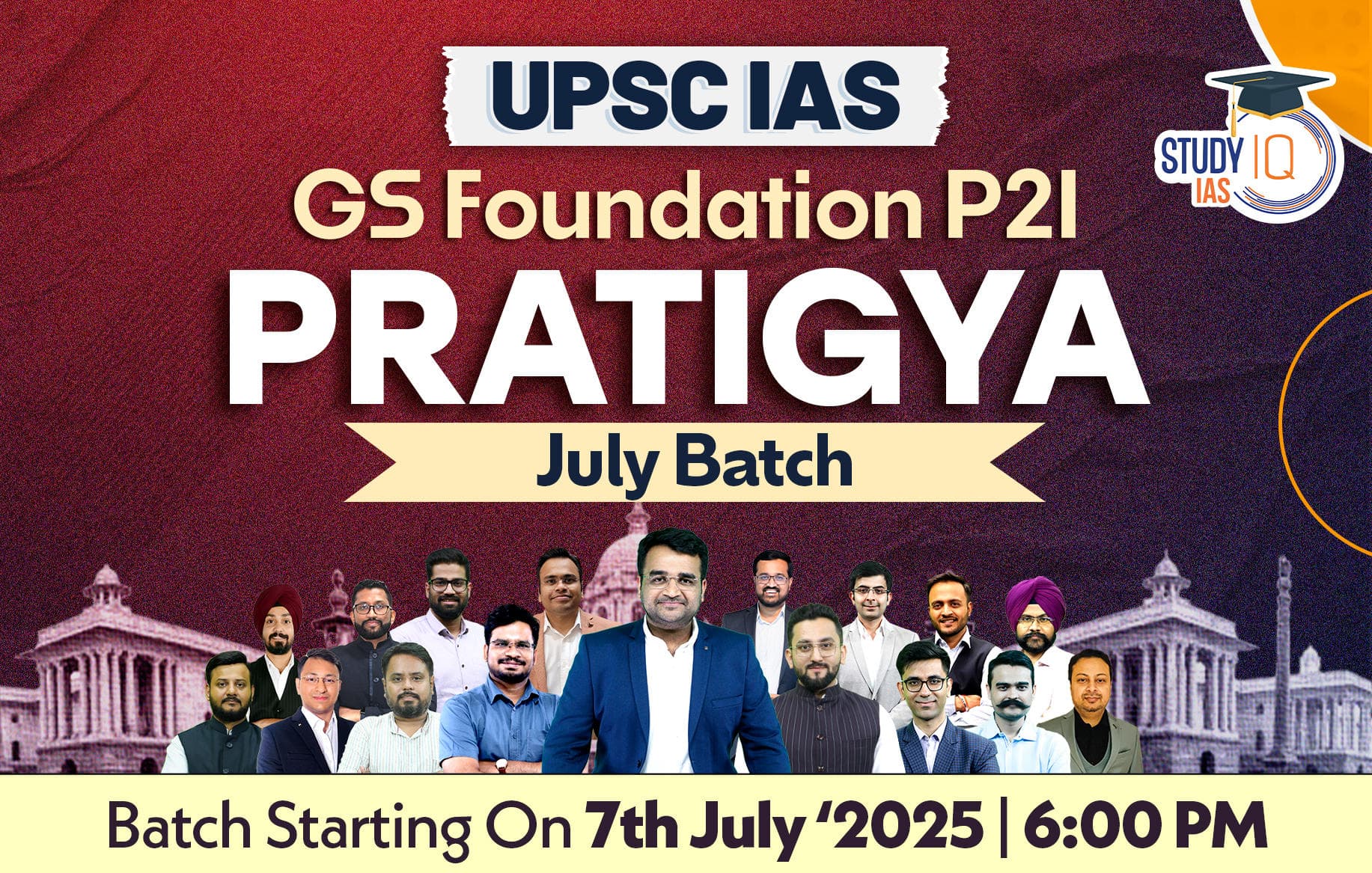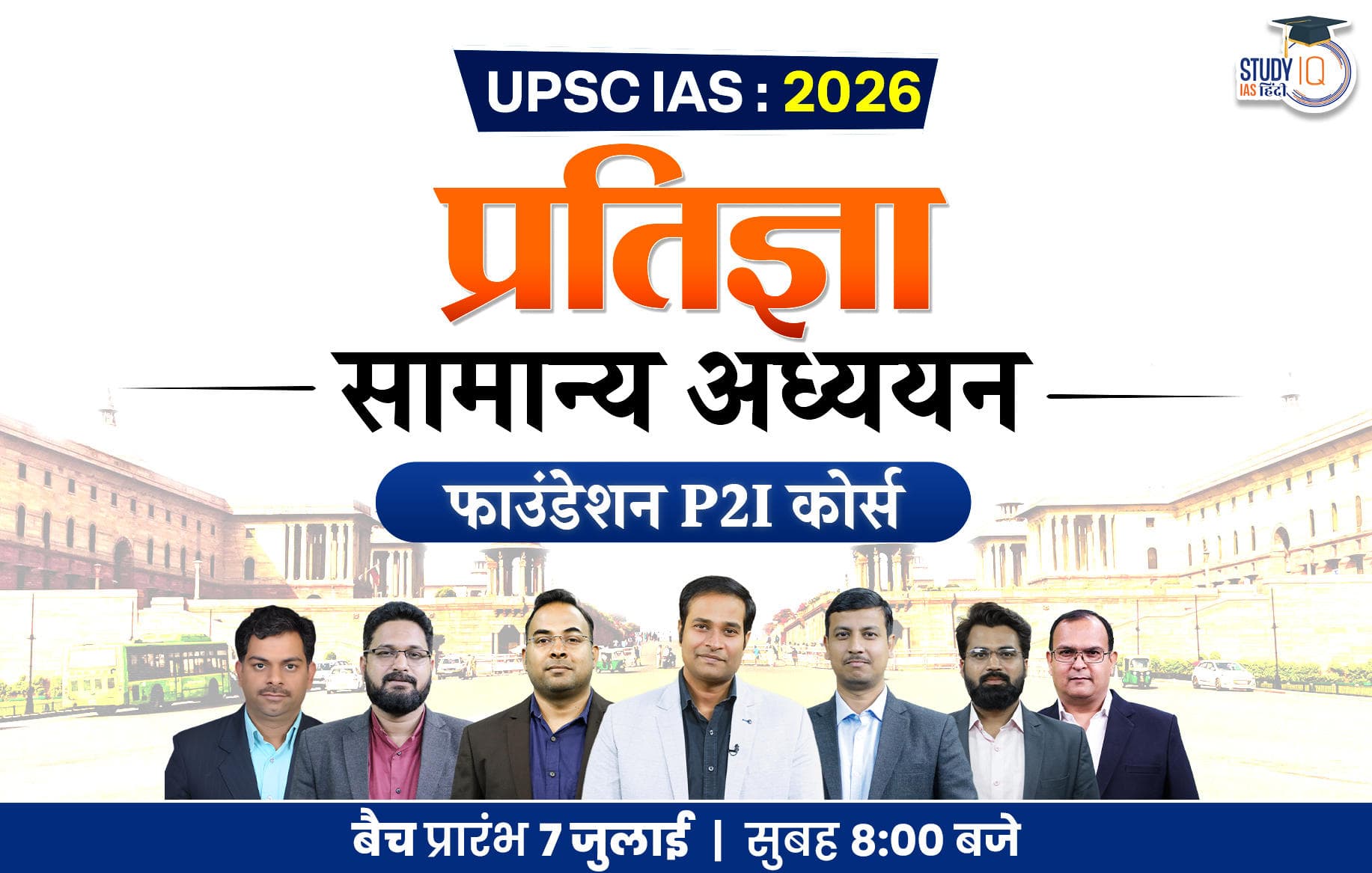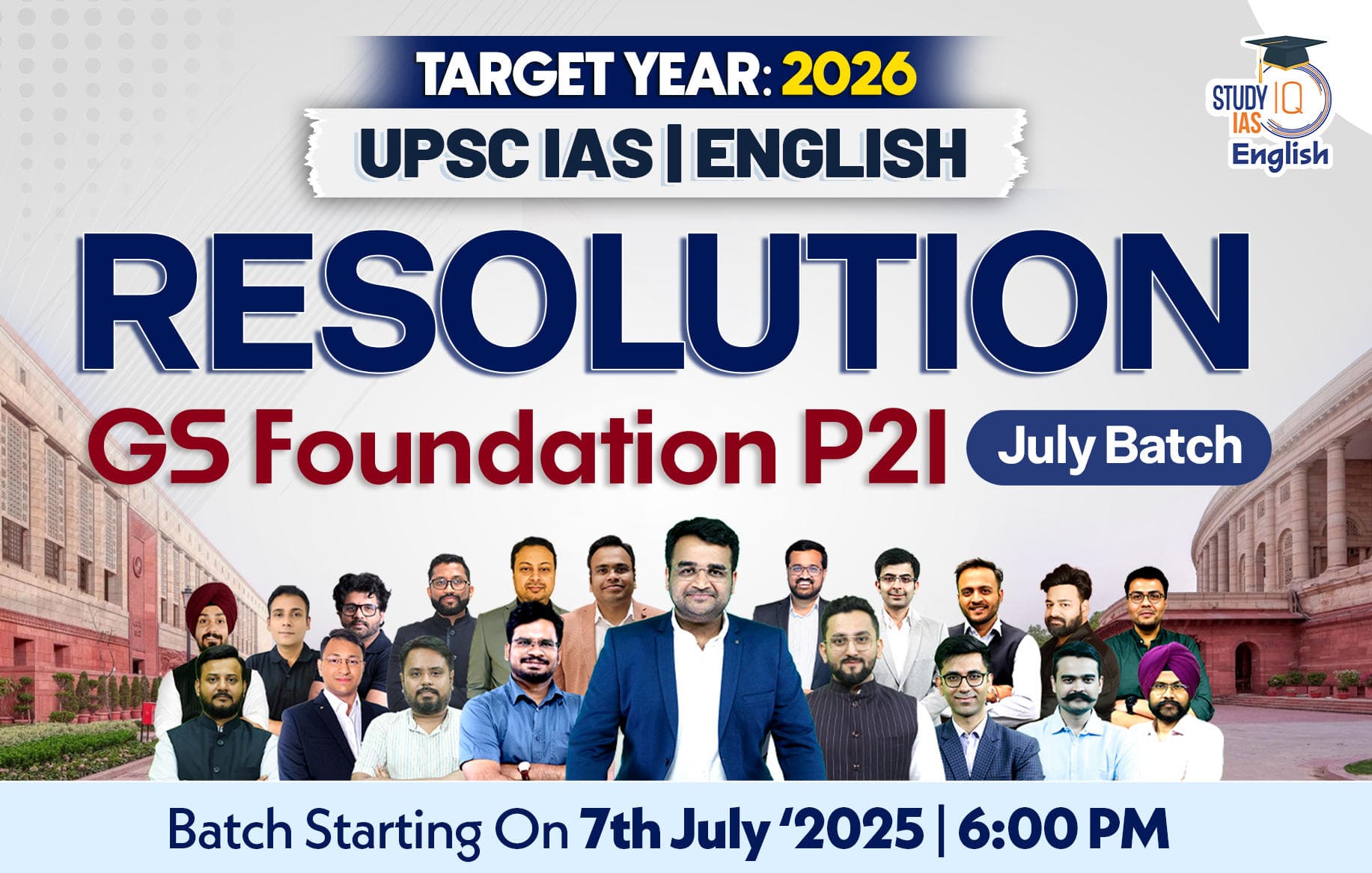Table of Contents
World Bank
The World Bank is an international financial institution that lends, grants, and provides technical assistance to developing countries in order to reduce poverty and promote economic development. Based in Washington, DC, it was established in 1944. The World Bank is made up of two major institutions: the International Bank for Reconstruction and Development (IBRD) and the International Development Association (IDA).
The IBRD makes loans and other financial assistance available to middle-income and creditworthy low-income countries, whereas the IDA makes grants and low-interest loans available to the world’s poorest countries. The twin objectives of the Bank Group—to end extreme poverty by 2030 and increase shared prosperity for the poorest 40% of the population worldwide—are supported by each and every one of these initiatives.
The World Bank Group (WBG) is a significant international institution that is frequently mentioned in the news. As a result, it forms a critical component of the UPSC syllabus.
World Bank Headquarters
The World Bank Group’s headquarters are in Washington, D.C., the capital of the United States. The World Bank Group also has regional offices and branches in Africa, East Asia and Pacific, Europe and Central Asia, Latin America and the Caribbean, and the Middle East and North Africa.
World Bank Members
The World Bank Group, a unique global cooperation with 189 member nations, consists of five organisations that aim to find long-term solutions to end poverty and promote shared prosperity in developing nations. The Bank Group collaborates with national governments, the private sector, civil society organisations, regional development banks, think tanks, and other international organisations on a variety of global issues, and challenges pertaining to banking, agriculture, education, and trade, as well as topics including conflict resolution, food security, climate change, and trade.
Here are the persons holding important posts in World Bank:
| Important Posts in World Bank | |
| President | David R. Malpass (to step down by June 2023) |
| MD & CFO | Anshula Kant |
| Chief Economist | Carman Reinhart |
| Executive Director | Rajesh Khullar |
World Bank Group
The World Bank, which offers financial support, policy recommendations, and technical assistance to governments of developing countries, is made up of the International Bank for Reconstruction and Development (IBRD) and International Development Association (IDA). Whereas the World Bank Group consists of five organisations that support development.
World Bank Group History
The United Nations Monetary and Financial Conference, also known as the Bretton Woods Conference, took place in 1944 and resulted in the establishment of the International Monetary Fund (IMF) in 1945 and the International Bank for Reconstruction and Development (IBRD) in 1944. The IBRD’s original aim was to offer loans to rebuild countries damaged by World War II. With a concentration on infrastructure, electricity grids, roads and transportation, dams, and other development-related projects, the emphasis gradually changed from reconstruction to development. Over time, other organisations like the IDA and IFC were created.
The World Bank Group consists of five organisations (IBRD, IDA, IFC, MIGA, and ICSID). The organisation currently engages in a range of activities through its institutions and funds. Underdeveloped and developing nations are given special attention. The World Bank Group is one of the world’s most important sources of funding and knowledge for developing countries. Each of its five organisations is dedicated to lowering poverty, boosting shared prosperity, and encouraging long-term growth.
World Bank Instituions
Institutes of the World Bank There are five institutions that make up the World Bank. The International Development Association (IDA), the International Financial Corporation (IFC), the Multilateral Investment Guarantee Agency (MIGA), and the International Centre for Settlement of Investment Disputes are the group’s five members (ICSID). India is a member of IBRD, IDA, IFC, and MIGA but not a member of ICSID.
International Bank for Reconstruction and Development (IBRD)
The International Bank for Reconstruction and Development (IBRD) is one of the five institutions that comprise the World Bank Group. The IBRD was established in 1944 to provide loans and technical assistance to creditworthy middle-income and low-income countries in order to promote economic development and reduce poverty. India is a member of IBRD.
The IBRD’s primary source of funding is the issuance of bonds in global capital markets backed by the creditworthiness of its member countries. IBRD loans are typically provided on market-based terms, which means they charge an interest rate close to the IBRD’s cost of borrowing and are typically repaid over a period of 10-30 years. IBRD loans are used for a variety of purposes, including infrastructure development, public service improvement (such as health and education), and private sector development.
In addition, the IBRD provides technical assistance and policy advice to its borrowing countries in order to assist them in implementing reforms and improving their economic performance.
India and IBRD
India is a founding member of the International Bank for Reconstruction and Development (IBRD), having joined in 1944. The IBRD has provided significant financial support to India for various development projects over the years, particularly in infrastructure, education, health, and agriculture. With a loan portfolio of more than $30 billion as of 2023, India is one of the IBRD’s largest borrowers. The IBRD has funded several major projects in India, including the National Highways Development Project, the National Agriculture Development Project, and the National Urban Health Mission.
In addition, the IBRD has provided India with technical assistance and policy advice on a variety of issues, including public financial management, energy sector reforms, and environmental sustainability. In recent years, the IBRD has helped India increase renewable energy generation, improve rural water supply and sanitation, and improve educational quality. Overall, the IBRD has played an important role in assisting India’s economic and social development, and this partnership is expected to continue in the future.
International Development Association (IDA)
The International Development Association (IDA) is one of the World Bank Group’s five institutions. The International Development Association (IDA) is a concessional lending facility that provides low-interest loans and grants to the world’s poorest countries. It was founded in 1960. Its primary goal is to alleviate poverty and promote long-term economic growth in these countries.
The International Development Association (IDA) provides financial assistance to its member countries in the form of long-term, interest-free loans and grants. The loans are usually repayable over a period of 25-40 years, with a grace period of 5-10 years, and have a zero or very low-interest rate. Typically, the grants are used to fund projects in the social sectors of health, education, and social protection.
The IDA focuses on countries with a gross national income (GNI) per capita that is less than a certain threshold, which is currently $1,225 per year. It also provides assistance to countries affected by conflict or natural disasters. Since its inception, the IDA has provided financial assistance to over 100 countries, assisting millions of people to improve their living conditions and gain access to essential services. Education, health, water and sanitation, and rural development are just a few of the areas where the IDA has had a significant impact.
India and IDA
Since its inception in 1960, India has received financial assistance from the International Development Association (IDA). With a portfolio of more than $50 billion in active projects as of 2021, India is the largest recipient of IDA funding. The IDA has provided assistance to India in a number of areas, including agriculture, health, education, infrastructure, and governance. The National Rural Health Mission, the National Rural Livelihoods Project, the National Highways Development Project, and the National Rural Drinking Water Program are just a few of the major projects funded by the IDA in India.
In addition to providing financial aid, the IDA has also offered technical help and policy guidance to India on problems such as public financial management, social protection, and environmental sustainability. India’s initiatives to combat climate change and lower greenhouse gas emissions have also received help from the IDA. India’s economic growth and decrease in poverty have both been aided by its collaboration with the IDA. The assistance provided by the IDA has improved access to vital services like healthcare and education and has helped to build vital infrastructure that has fueled economic expansion and job creation.
International Financial Corporation (IFC)
The International Financial Corporation, also known as IFC, is a part of the World Bank Group. The IFC, which was founded in 1956, is the biggest organisation dedicated only to the private sector in developing nations. To encourage sustainable economic growth and combat poverty, the IFC offers funding, investment, and advice services to companies and financial institutions in developing nations.
It works with companies in a variety of industries, including manufacturing, financial services, agribusiness, and infrastructure, with a major concentration on the private sector. A variety of financial products are available from the IFC, such as loans, equity investments, guarantees, and advisory services. Its investments are made under commercial terms, with the goal of generating a profit while also fostering constructive social change.
The IFC places a high priority on advancing sustainable development, and it collaborates with its customers to advance gender equality, ethical leadership, and environmental and social sustainability. Additionally, it works to support small and medium-sized businesses while fostering innovation and entrepreneurship in developing nations. In general, the IFC plays a significant role in promoting private sector investment in developing nations, which can contribute to economic growth, job creation, and poverty reduction.
India and IFC
Since 1956, the International Finance Corporation (IFC) has cooperated with India and contributed significantly to the growth of the nation’s private sector and economy. India is one of the IFC’s largest nation portfolios, with a committed portfolio of more than $7 billion as of 2023.
In India, the IFC has provided funding for a variety of projects in a variety of industries, including manufacturing, financial services, healthcare, and education. The development of renewable energy, affordable housing, and digital financial services are some of the major initiatives that the IFC has sponsored in India. Small and medium-sized businesses (SMEs) in India have also received assistance from the IFC through financing and consultancy services.
Also, the IFC has been aggressively promoting social and environmental sustainability in India. In addition to collaborating with businesses to enhance their environmental and social performance, it has supported the construction of sustainable infrastructure, including green building initiatives and renewable energy projects. In general, the IFC and India collaboration has been critical in fostering private sector growth and sustainable economic development in the nation. With the assistance of the IFC, India has seen an increase in access to critical services, the creation of jobs, and the encouragement of innovation and entrepreneurship.
Multilateral Guarantee Agency (MIGA)
The Multilateral Investment Guarantee Agency (MIGA) is one of the World Bank Group’s five institutions. MIGA, founded in 1988, is a provider of political risk insurance and credit enhancement with the goal of encouraging foreign direct investment (FDI) into developing countries. MIGA insures investors and lenders against non-commercial risks such as expropriation, contract breach, and currency transfer restrictions. This insurance helps to mitigate the risks of investing in developing countries and may encourage investors to invest in projects that would otherwise be deemed too risky.
MIGA, in addition to insurance, offers credit enhancement products, which can help borrowers improve their creditworthiness and make it easier for them to access financing. MIGA’s credit enhancement products can help attract private sector investment to developing countries, promoting economic growth and job creation. MIGA collaborates with a diverse group of investors, including private companies, banks, and other financial institutions. It has provided funding for a wide range of projects in developing countries, including infrastructure, manufacturing, agriculture, and financial services.
Overall, MIGA plays an important role in encouraging foreign direct investment in developing countries, which can aid in economic growth and poverty reduction. Its political risk insurance and credit enhancement products help to mitigate the risks of investing in these countries and can encourage investors to invest in projects that would otherwise be deemed too risky.
India and MIGA
MIGA has been collaborating with India since 1990 and has been instrumental in promoting foreign direct investment (FDI) into the country. India is one of MIGA’s largest country portfolios, with a $1.6 billion active portfolio as of 2023. MIGA has provided funding for a variety of projects in India, including infrastructure, energy, manufacturing, and financial services. MIGA has supported several key projects in India, including the development of renewable energy, transportation, and water infrastructure. MIGA’s political risk insurance has helped to mitigate the risks of investing in these projects while also encouraging private sector investment in India.
MIGA, in addition to providing political risk insurance, has collaborated with the Indian government and other stakeholders to promote policy reforms and improve the country’s investment climate. It has advocated for changes in labour regulations, bankruptcy laws, and infrastructure development. MIGA has also actively promoted environmental and social sustainability in India. It has helped to fund the development of sustainable infrastructure, such as renewable energy projects and water treatment plants, and it has worked with businesses to improve their environmental and social performance.
Overall, the MIGA-India partnership has been instrumental in promoting foreign direct investment in the country and supporting long-term economic growth. MIGA’s assistance has aided in the creation of jobs, the expansion of access to essential services, and the promotion of innovation and entrepreneurship in India.
International Centre for the Settlement of Investment Disputes (ICSID)
An international institution called the International Centre for Settlement of Investment Disputes (ICSID) offers a venue for the resolution of investment disputes between foreign investors and host states. ICSID was established in 1966 and is a part of the World Bank Group. For the conciliation and arbitration of investment disputes, ICSID offers a neutral and unbiased forum. The objective is to safeguard investors from unfair or capricious treatment by host states and to settle disputes in a fair, quick, and transparent way.
The ICSID Convention, the ICSID Rules of Process for Arbitration Cases, and the ICSID Additional Facility Rules are only a few of the procedural rules and regulations that ICSID has in place to regulate the dispute resolution process. These regulations are intended to provide a fair and impartial procedure and give investors access to a neutral, impartial judiciary.
By offering a system for the settlement of investment disputes, ICSID has significantly contributed to the promotion of foreign investment. ICSID has assisted in promoting more investment in underdeveloped nations, which can support economic growth and development, by offering investors more protection and security. Also, ICSID has contributed to the advancement of good governance and the rule of law in developing nations. ICSID supports the growth of just, open, and uniform legal systems by offering a neutral forum for the resolution of investment disputes.
By offering a fair and impartial platform for the resolution of investment disputes between international investors and host states, ICSID contributes significantly to the promotion of foreign investment and economic development.
India and ICSID
India is not a member of ICSID. The International Centre for Settlement of Investment Disputes (ICSID) does not include India as a member. India signed the ICSID Convention in 1965, but as it was never ratified, it is not a member of ICSID. Nonetheless, India has signed several bilateral investment treaties (BITs) with clauses allowing for the ICSID arbitration of investment disputes. Indian investors have consequently taken part in a number of investment disputes that have been sent to ICSID for settlement.
For instance, in a 2017 dispute between Vodafone and the Indian government regarding a tax dispute involving Vodafone’s acquisition of a controlling share in the Indian telecom business, ICSID gave an award in Vodafone’s favour. By offering a fair and impartial platform for the resolution of investment disputes between international investors and host states, ICSID contributes significantly to the promotion of foreign investment and economic development.
World Bank Mission
The World Bank’s purpose is to alleviate poverty, stimulate economic growth, and enhance living standards in developing countries. It collaborates with governments, civil society organisations, and the business sector to support a variety of initiatives, including infrastructure development, health and education programmes, agricultural initiatives, and environmental protection programmes, in order to achieve this.
A wide range of development-related issues, such as macroeconomic policy, social protection, trade and investment, and governance, is also the subject of study and policy recommendations from the World Bank to its member nations. In order to coordinate international efforts to address development concerns, the World Bank also works with other international institutions and development partners.
This article has all the details related to the World Bank and its associated institutions that are important when it comes to the UPSC syllabus. To learn more about UPSC Preparations go to the official website of StudyIQ UPSC Online Coaching.


 Mukhyamantri Majhi Ladki Bahin Yojana, O...
Mukhyamantri Majhi Ladki Bahin Yojana, O...
 Nipah Virus (NiV): Structure, Testing Me...
Nipah Virus (NiV): Structure, Testing Me...
 Elon Musk’s America Party: A New Chapt...
Elon Musk’s America Party: A New Chapt...





















